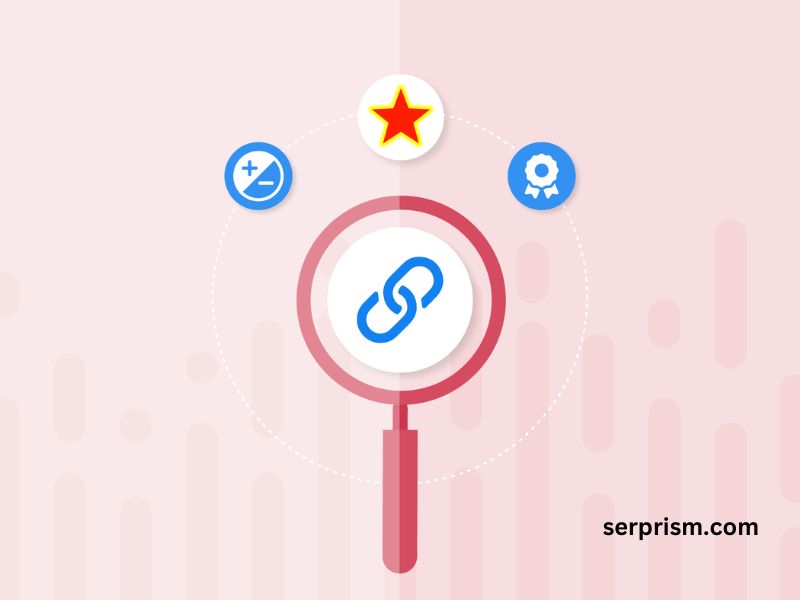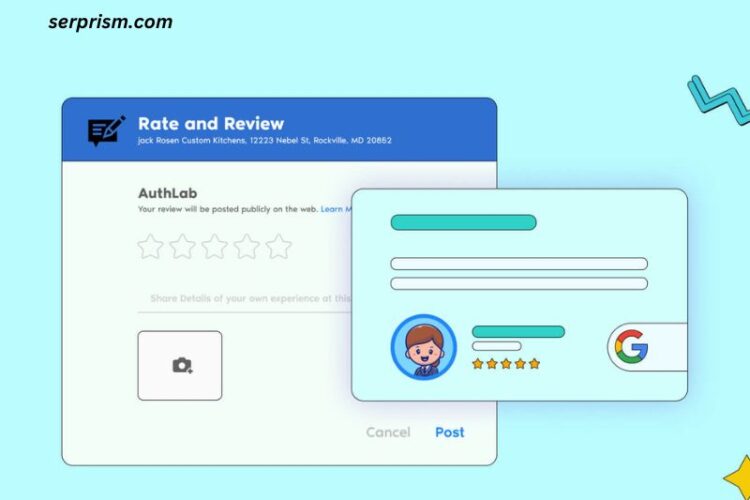
In the ever-evolving landscape of search engine optimization (SEO), understanding the nuances of metrics is crucial for digital marketers, website owners, and content creators. Among the myriad of metrics that influence search engine rankings, “Trust” and “Citation Balance” stand out as pivotal components that contribute to a website’s authority and credibility. This article delves into these two metrics, their significance, and how they can be effectively balanced to improve SEO performance.
Understanding Trust in SEO
What is Trust?
In the context of SEO, “Trust” refers to the perceived reliability and credibility of a website. Search engines, especially Google, aim to deliver the best possible results to users. Therefore, they favor websites that are trustworthy, authoritative, and provide valuable content. Trust is built over time and is influenced by various factors, including:
- Domain Age: Older domains tend to be perceived as more trustworthy.
- Quality of Backlinks: Links from reputable websites enhance trustworthiness.
- User Engagement Metrics: High bounce rates or low dwell times can signal a lack of trust.
- Consistent Content Quality: Regularly updated, high-quality content builds trust over time.
- Secure Website (HTTPS): Security measures like SSL certificates increase trust.
- Social Signals: Engagement on social media platforms can indicate credibility.
Importance of Trust in SEO
Trust is essential for several reasons:
- Higher Rankings: Search engines prioritize trustworthy sites in their results.
- User Retention: Users are more likely to return to sites they perceive as credible.
- Lower Bounce Rates: Trustworthy sites often see higher user engagement.
- Increased Conversions: Customers are more likely to make purchases from trusted brands.
Building Trust
To build trust, website owners should focus on:
- Creating Quality Content: Informative, engaging, and relevant content fosters trust.
- Earning Quality Backlinks: Collaborating with reputable sites can improve credibility.
- Enhancing User Experience: A well-designed, fast-loading website encourages users to stay.
- Utilizing Testimonials and Reviews: Showcasing positive feedback can enhance trust.
- Maintaining Transparency: Being clear about policies, data usage, and ownership builds credibility.
Exploring Citation Balance
What is Citation Balance?
Citation Balance refers to the distribution and quality of backlinks pointing to a website. It encompasses two primary aspects: the quantity of backlinks (how many links point to the site) and their quality (the authority and relevance of the linking sites). The goal of citation balance is to ensure that a website has a healthy mix of diverse, high-quality backlinks rather than relying heavily on a single source or type of link.
Importance of Citation Balance in SEO
Citation Balance plays a critical role in SEO for several reasons:
- Diverse Link Profile: A varied link profile signals to search engines that a website is a well-rounded authority in its niche.
- Reduced Risk of Penalties: Over-reliance on a single source can raise red flags, leading to penalties from search engines.
- Enhanced Authority: Links from authoritative domains boost a site’s overall credibility.
- Improved Referral Traffic: Diverse backlinks can lead to traffic from multiple sources.
Achieving Citation Balance
To achieve a healthy citation balance, website owners should:
- Diversify Link Sources: Seek links from various domains, including blogs, news sites, and directories.
- Focus on Quality Over Quantity: Prioritize acquiring links from high-authority sites rather than amassing numerous low-quality links.
- Engage in Content Marketing: Create shareable content that naturally attracts backlinks.
- Utilize Social Media: Promote content on social platforms to encourage sharing and linking.
- Monitor Backlink Profile: Regularly analyze the backlink profile to ensure a balanced approach.
Balancing Trust and Citation Balance
The Interplay Between Trust and Citation Balance
While Trust and Citation Balance are distinct metrics, they are intricately connected. A high level of trust can lead to better-quality backlinks, while a balanced citation profile can enhance a site’s overall credibility. Striking the right balance between these two metrics is essential for maximizing SEO effectiveness.
Strategies for Balancing Trust and Citation Balance
- Focus on Earning Natural Backlinks: Create content that provides value and encourages others to link naturally. This approach fosters both trust and citation balance.
- Engage with Reputable Sources: Collaborate with trusted websites and influencers in your niche to gain backlinks that enhance both trust and citation diversity.
- Consistent Content Creation: Regularly update your website with quality content to establish authority and earn backlinks from various sources over time.
- Monitor and Analyze Metrics: Use tools like Google Analytics, Ahrefs, or Moz to track trust and citation balance metrics. Regularly assess and adjust strategies based on performance.
- Build Relationships in Your Niche: Networking with other website owners can lead to guest blogging opportunities, link exchanges, and collaborations that improve both trust and citation balance.
- Leverage Social Proof: Displaying awards, certifications, and testimonials can enhance trust while also attracting backlinks from sites looking to reference credible sources.
Case Studies
Case Study 1: A Local Business
A local bakery sought to improve its online presence. Initially, it had a low trust score due to minimal online reviews and backlinks. The bakery implemented a strategy focused on building trust by:
- Encouraging customers to leave reviews on Google and Yelp.
- Partnering with local food bloggers for reviews and links.
- Maintaining an active social media presence.
As a result, the bakery’s trust score increased, leading to improved visibility in local search results and a more balanced backlink profile.
Case Study 2: An E-commerce Store
An e-commerce store specializing in eco-friendly products faced challenges with its SEO strategy. It had a high volume of backlinks, but many were from low-quality sites, negatively impacting trust. To address this, the store:
- Developed high-quality, informative content related to sustainable living.
- Engaged with reputable eco-friendly bloggers for collaborations.
- Focused on acquiring links from well-established environmental websites.
This approach led to a significant improvement in trust and citation balance, ultimately resulting in higher search rankings and increased sales.
Conclusion
In the competitive world of SEO, Trust and Citation Balance are essential metrics that significantly influence a website’s success. Building trust requires consistent quality, engagement, and transparency, while achieving citation balance necessitates a focus on diverse, high-quality backlinks. By understanding and effectively balancing these metrics, website owners can enhance their online authority, improve search engine rankings, and ultimately drive more traffic and conversions.
In the digital age, where users have endless options at their fingertips, establishing trust and maintaining a balanced citation profile is not just beneficial—it’s essential for long-term success. As search engines continue to evolve, staying attuned to these critical metrics will be key for anyone looking to thrive in the online marketplace.




